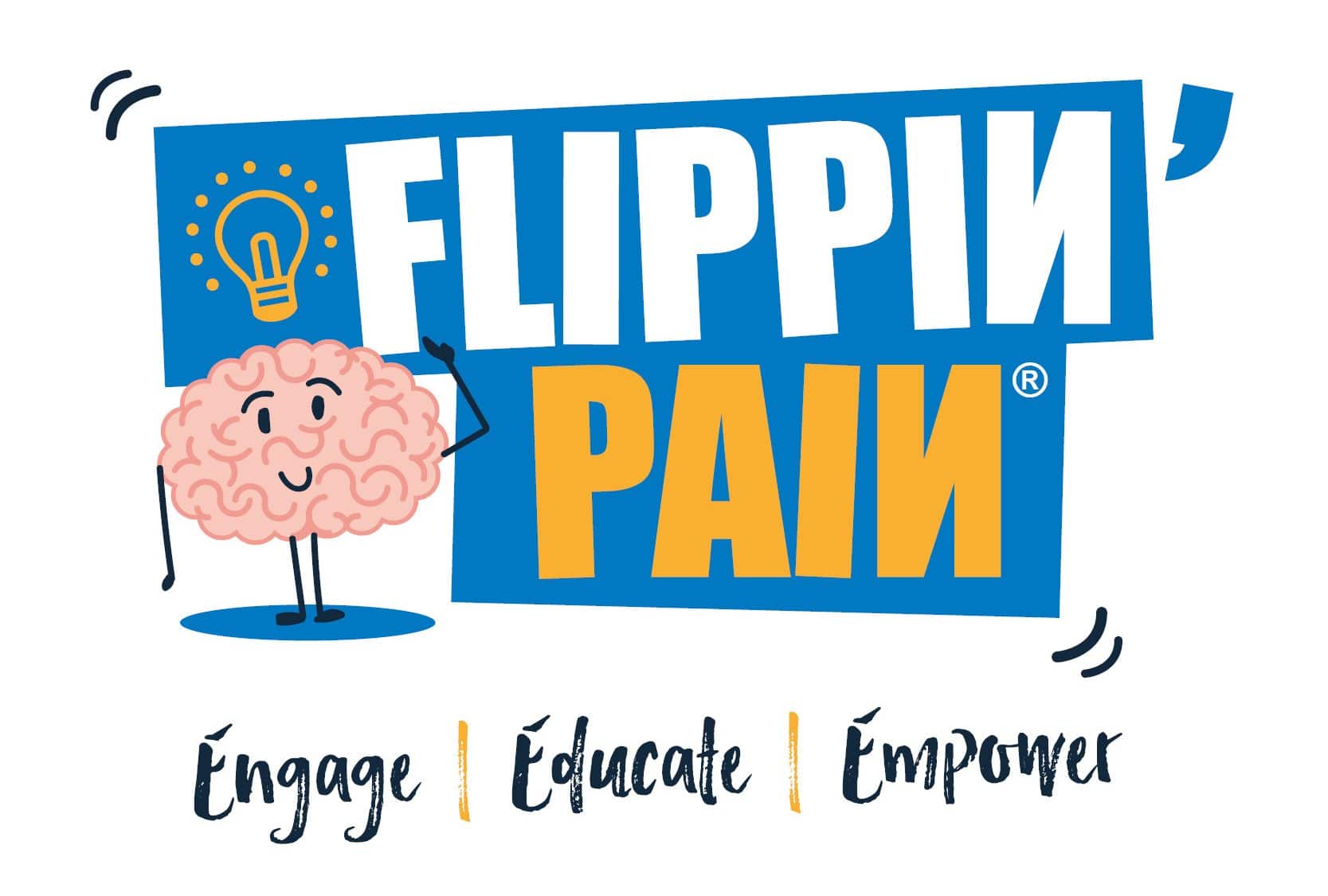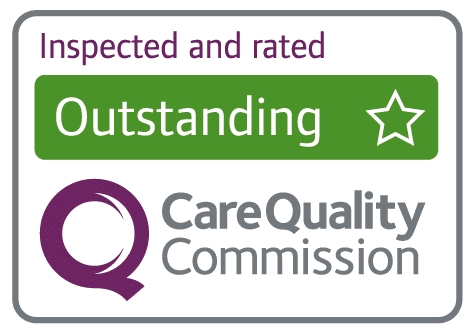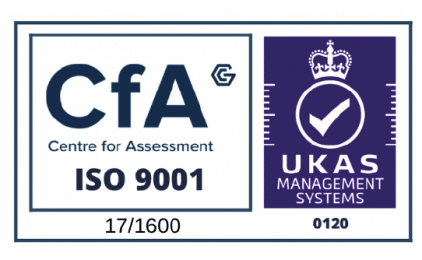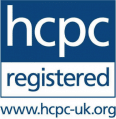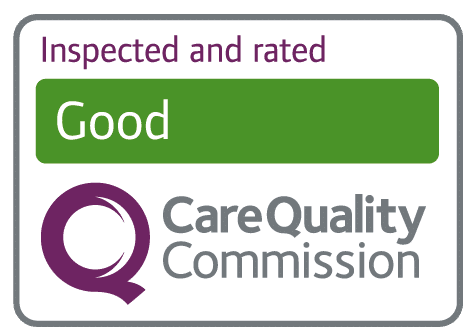Welcome to the Lincolnshire Community Pain Service. You are looking at this webpage because you have been referred to the service or know somebody who has. Unfortunately, like most pain services across the country we currently have a waiting list. We are working hard to reduce this but in the meantime:
- We would like to invite you to watch our Flippin’ Pain webinar event recording of ‘Pain: Do You Get It?’. Please see the video below.
- You will find some information on this webpage about chronic pain and what the Lincolnshire pain service might be able to do to help you.
Click here to share your thoughts and feedback from the event
Jump to the section you’re after!
How can a webinar help me?
Fen’s story
Prof Cormac’s presentation
Key Message 1: Pain is common and can affect anyone
Key Message 2: Hurt doesn’t always mean harm
Key Message 3: Everything matters when it comes to pain
Key Message 4: Medicines and surgeries are often not the answer
Key Messages 5 and 6: Understanding pain is key and Recovery is possible
Meet the Panel
What if I feel this isn’t applicable to me?
How would a Pain Psychologist help me?
That was a lot of information! Where do I start?
Are you saying it’s all in my head?
I understand what you’re saying, but I still have pain…what next?
What can I do to prepare for my appointment?
What can I bring to the appointment that might be helpful?
What are the options for appointment types/locations?
I struggle with sleeping. What can I do to help?
How to get in touch and where to find out more
Links
Understanding pain can change the way you manage it and even the way it feels. Flippin’ Pain is a public health campaign helping people to understand the science of pain.
Visit www.flippinpain.co.uk for more information, useful resources, stories from people living with pain, and information on free live events. Rather than exploring the website, you may want to go straight to some sections:
To find out more about pain visit https://www.flippinpain.co.uk/understanding-pain/ and https://www.flippinpain-formula.co.uk/
To go to other useful resources visit https://www.flippinpain.co.uk/resources/
Additional External Resource Links
Tame the Beast – https://www.tamethebeast.org/
The Pain Toolkit – https://www.paintoolkit.org/
Live Well With Pain – https://livewellwithpain.co.uk/
What is chronic pain?
Pain is a common experience. Most pain goes away fairly quickly (this is called acute pain). However sometimes pain doesn’t go way and becomes longstanding and this is called chronic pain. Chronic pain can occur after injury, surgery or with certain medical conditions. It may also develop for no apparent reason. In many cases of chronic pain, it is thought that the body’s pain system does not work properly and becomes too sensitive, so even touch can be painful.
People with chronic pain can spend lots of time and money seeing different specialists and trying different treatments. Often this doesn’t help or only helps a little, and sometimes it can cause additional problems.
Activity usually increases pain so to avoid this, people often stop doing important or enjoyable activities. As a result, chronic pain can affect all aspects of someone’s life including their home life, work, hobbies, social life, relationships, mood and sleep. However, chronic pain does not necessarily mean there is on-going damage to the body, in fact it is usually safe to continue normal activities. This is much easier said than done though and this is one of the things the service may be able to help you with.
How can the Lincolnshire Pain Service help?
A range of different professionals work within the service, this includes physiotherapists, doctors, psychological therapists, nurses and occupational therapists. All these clinicians specialise in chronic pain. When someone gets referred to the service, a member of the team will carry out an assessment with them, this may be over the telephone, by video or face-to-face. Occasionally, it might involve a physical examination or the person might be asked to fill in some questionnaires. Towards the end of the assessment, the clinician will agree a plan with them. Occasionally, someone would be better seen in a different service, if this is the case, we will either refer them or ask their GP to arrange the appropriate care.
Most times however, the service can help. Care within the Lincolnshire Community Pain Management Service may include one or more of the following:
Education, practical advice and tips
We work with people to help them have a better understanding of pain and what can help in their day-to-day life. We share information and give advice and support. This can include goal setting, managing activities, gentle exercise, mindfulness as well as other things. These things might reduce pain but even if they don’t, they should help people to have better quality of life, with pain. We work with people in a group or individually.
Injections and/ or medication
In some cases, treatments such as injections or medication can reduce pain and where appropriate, these are tried. Unfortunately, for many people, injections are not likely to be helpful and medication is also not always helpful. This is because, on the whole, chronic pain does not tend to respond well to these treatments. Even if they have helped in the past, it is often not possible to provide long term pain relief, at least not without troublesome side-effects. Most importantly, these treatments often do not allow people to ‘get their life back’.
Pain management and pain rehabilitation
Often, it is not possible to control chronic pain over the longer term and efforts to do so can cause further problems and lead to a more limited lifestyle. A pain management or rehabilitation approach can be a more effective way forwards. This aims to help people get back to doing the things that are important to them. We understand that trying to achieve this can feel impossible, but our experience and research have shown that even when pain continues, it is still possible to live a full life. We would therefore encourage you to come with an open mind and to be willing to try it. Many people who didn’t think this approach was for them have been glad they gave it a try.
If you are concerned about your or a loved one’s mental health or need urgent help in a crisis visit https://www.nhs.uk/mental-health/nhs-voluntary-charity-services/charity-and-voluntary-services/get-help-from-mental-health-helplines/ for information about NHS, voluntary and charity services.
For information about what the NHS provides if you need urgent or emergency medical help visit https://www.nhs.uk/nhs-services/urgent-and-emergency-care-services/
